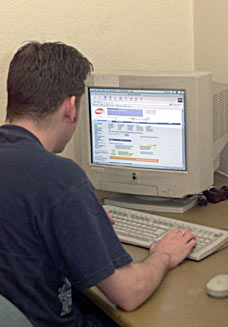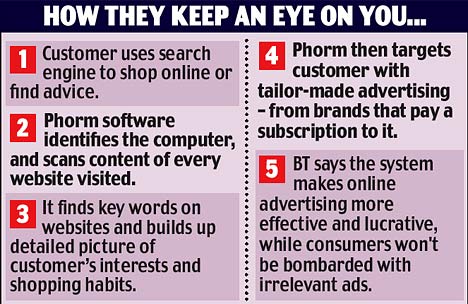(Brisbane Times) — Politicians are letting foreign-owned companies covertly gather information about voters.
The websites of Barry O’Farrell, Kristina Keneally, Tony Abbott and the Greens plant spying devices on visitors’ computers, which can track them as they browse the internet.
Information gathered about a user’s online behaviour can be used to build detailed profiles to help target advertisements – a practice many believe is a threat to privacy.
Online tracking is done mainly by cookies (text files) and beacons (invisible images).
Inside the cookie monster – trading your online data for profits
The devices allow a third-party company to see which elements of a page the user has clicked on, potentially identifying information held in the URL, such as an email address.
A tracking device, owned by Yahoo! and dated to expire in 2037, was planted on this website’s test computer when visiting the website of the federal Opposition Leader, Tony Abbott.
The site of the Premier, Kristina Keneally, placed devices owned by ShareThis, a company that collects information about online habits.
All four websites planted YouTube cookies, even though this website’s computer did not play any videos.


